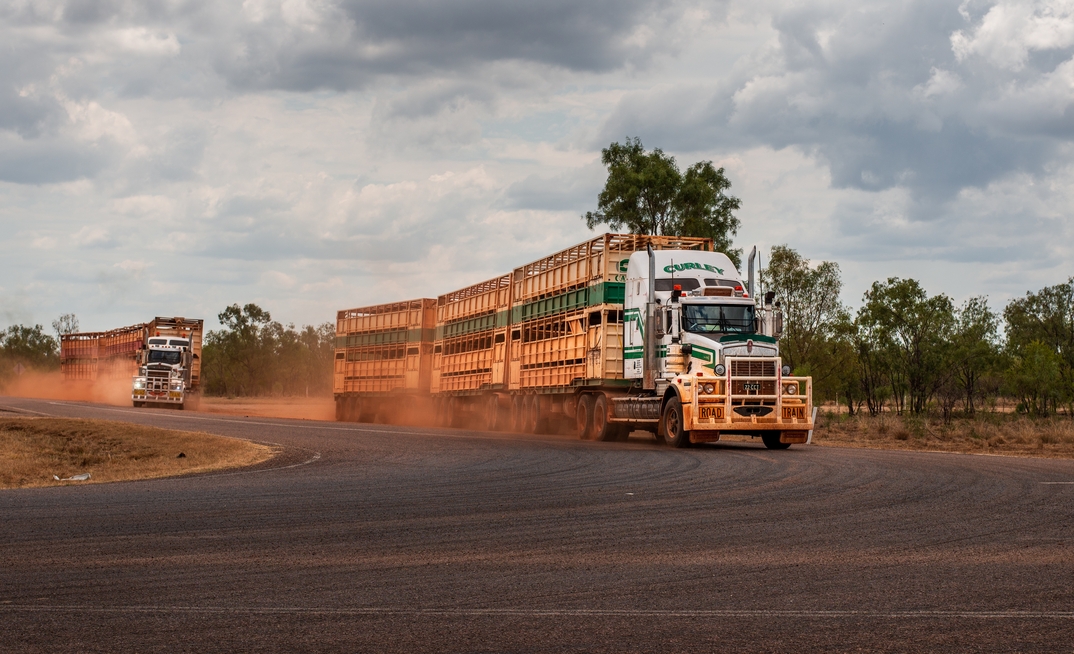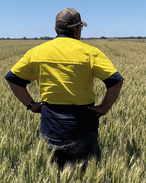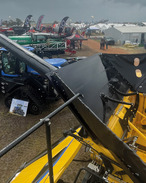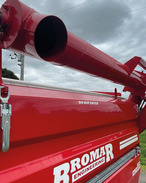The National Heavy Vehicle Regulator (NHVR) has released new Regulatory Advice to enhance safety across Australia's livestock transport sector.
NHVR chief Safety and Productivity Officer, David Hourigan, said unlike other sectors, the livestock industry isn't always formalised, with many agreements for transporting livestock taking place on an ad-hoc basis.
"It's a dynamic industry, with scheduling often dictated by immediate needs like upcoming sales or abattoir scheduling," Hourigan said.
"There are additional challenges, like the need for thorough cleaning of stock crates, which not only affects biosecurity and animal welfare but can also contribute to significant delays for drivers, impacting their rest and overall fatigue management.
YOU MIGHT ALSO LIKE
"With our new Regulatory Advice, we're looking to bridge these gaps and ensure all parties, from primary producers to transport operators to facility owners to stock agents, understand their responsibilities," Hourigan said.
The NHVR's Regulatory Advice aims to improve safety and simplify and demystify the Heavy Vehicle National Law (HVNL) primary duty and Chain of Responsibility (CoR), focusing on specific topics or industry sectors.
This advice provides information that assists the livestock industry with:
- Clarifying who within the livestock industry is a party in the CoR and what they need to do to meet their HVNL obligations.
- Understanding the risks associated with livestock transport activities.
- Identifying how collaboration between CoR parties can help manage risks.
- Understanding what each CoR party should do to manage risks.
- Ensuring that each party is doing everything reasonably practicable to maintain safety.
The Regulatory Advice is accompanied by additional educational material intended to raise awareness among livestock industry workers who may not know that their actions or inactions can impact the safety of livestock transport.
To access the guide and additional material, visit https://bit.ly/3Vwtt7F.
























